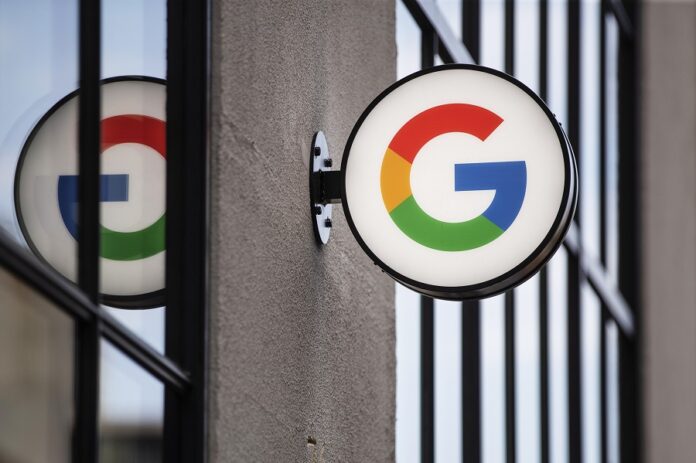Google goes to court this week intent on reversing a record-breaking $5bln European Union fine and antitrust order that struck at the heart of the U.S. tech giant’s ability to make money, according to Bloomberg.
At a five-day hearing at the EU’s General Court in Luxembourg, the company will tell judges that the European Commission was wrong to demand changes to allegedly anti-competitive contracts with makers of phones running its Android operating system – the engine room for the vast majority of mobile devices in the region.
The Android case is one of a trio of decisions that have been the centrepiece of EU antitrust chief Margrethe Vestager’s bid to rein in the growing dominance of Silicon Valley. She’s fined the Alphabet Inc. unit more than €8.2bln ($9.6bln) in total and is still probing the company’s suspected stranglehold over digital advertising.
At issue this week is the EU’s findings against contracts that require Android phone makers to take Google’s search and browser apps and other Google services when they want to license the Play app store.
The EU deemed the contracts to be an illegal restraint, but Google says this decision undermines a business model that allowed it to provide the Android software for free while it generated ad revenue. Mountain View, California-based Google, which had revenues of $182.5 bln in 2020, has built a massive business of banner and videos ads, thanks largely to its central role on Android devices.
“Android has created more choice for everyone, not less, and supports thousands of successful businesses in Europe and around the world,” a Google spokesperson said ahead of the hearing. “This case isn’t supported by the facts or the law.”
The hearing is likely to look back a decade into how Google’s contracts might have hampered potential rivals emerging. The commission says these prevented handset makers from selling phones using other versions of Android, such as Amazon.com Inc.’s Fire OS Android version. Google says the rules were necessary to make sure Android apps and devices could work smoothly together.
A ruling may take as long as a year to emerge. The court is less likely to focus on what Google has done since 2018 when it made moves to comply with the EU order to open up competition. It started charging a licensing fee to manufacturers to use Android. It also moved slowly to address rivals’ complaints that it didn’t offer a broad choice of rival apps to be set as a default on new phones.
Neither step has undermined Android which runs on nearly 70% of European mobile phones or mobile search where Google has held a steady market share of just under 97%.
Google’s entrenched position and that of other big tech platforms haven’t made it easy for the companies to argue in Europe that they face constant competition and must keep innovating to keep pace.
The Android case comes as competition authorities across Europe are also keeping up the pressure with probes into its ads and news operations. Google and rivals such as Apple Inc. are coming under pressure from planned new laws that could curb tech firms’ behaviour.


